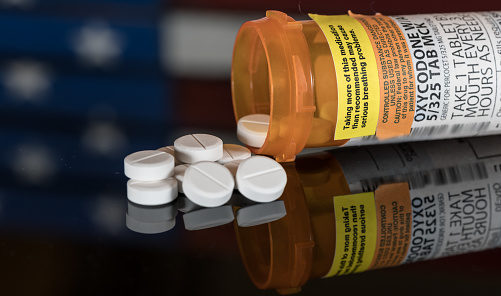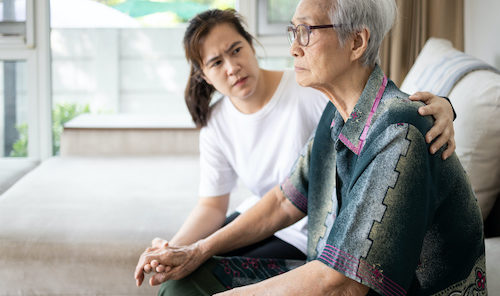Patients with psoriatic arthritis (PsA) tend to avoid physical activity due to anxiety symptoms and physical limitations rather than disease activity, as presented at the 2024 European Congress of Rheumatology. Regular exercise is recommended to maintain joint movement and reduce cardiovascular risk, but pain, joint deformities, and psychosocial factors often hinder exercise. The Fear Avoidance Beliefs Questionnaire (FABQ) assesses how psychological factors impact pain and activity, showing that those with fear-avoidance beliefs are less active and more prone to chronic pain and disability.
A single-center, cross-sectional study used the FABQ physical activity score to evaluate physical activity avoidance in patients with PsA, including patients with a mean age of 57 years with a mean body mass index of 27. Findings revealed that 27.69% had high fear-avoidance scores (≥15), and 37.1% had fibromyalgia. Higher fear-avoidance scores were linked to higher Pain Catastrophizing Scale (PCS), SF-36 Physical Component Score (SF-36 PCS), and Bath Ankylosing Spondylitis Disease Activity Index scores. Anxiety symptoms and the SF-36 PCS were independent predictors of physical activity avoidance, while the FABQ was not linked to disease activity indices.
Reference: Pine L. Anxiety Plays a Significant Role in Physical Activity Avoidance Among Patients with PsA. HCP Live. Published July 23, 2024. Accessed August 1, 2024. https://www.hcplive.com/view/anxiety-plays-a-significant-role-in-physical-activity-avoidance-among-patients-with-psa









